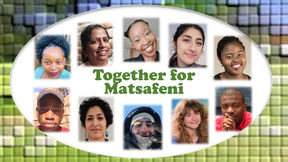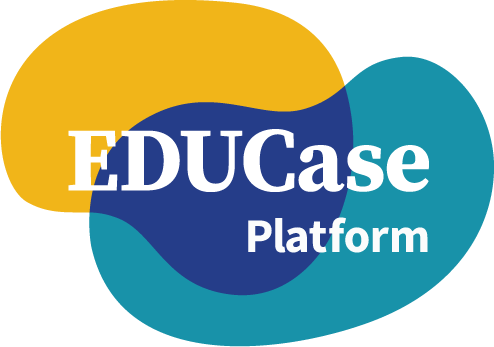Education and Development: Importance of Innovation for Sustainability Building

The specific case that was selected for this study was the fragile urban settlement of Matsafeni in South Africa. The course brought together students from various backgrounds, including current residents of Matsafeni, who worked with their peers to identify the key challenges that their community faced and come up with innovative solutions to tackle these problems. The goals of the course were:
- Increase students’ knowledge and understanding of the potential of a variety of innovations contributing to sustainability.
- Provide students with real-life contexts and concrete examples to understand how sustainable transitions can be facilitated by practices and policies of public and private sectors and civil society.
The course mainly focuses on the UN Sustainable Development Goal 11: Sustainable Cities and Communities to ensure that the collaboration between the two universities will result in the development of the student skillset to appropriately deal with the local challenges. The efforts of the Matsafeni township itself to support the students is a significant factor to inspire students.
Aside from this collaboration, the University of Johannesburg and Tampere University will also sign a MOU to further deep their collaboration ties.
The course lead by Mika Kautonen from the Tampere Research Centre for Science, Technology, and Innovation (TaSTI) is a vivid example of how multicultural and multidisciplinary academic collaboration should run promoted by EDUCase. The themes and frameworks covered by the course are relevant to the current challenges faced by the Matsafeni residents and the teaching was student-centered, giving a chance for everyone to equally contribute. The skills that students based in both countries gained will be useful beyond the classroom, when students face actual global challenges and have to come up with rapid responses and solutions. Innovation has always been the core of the course.
The course will restart next Spring and welcome another group of multicultural students to learn how to bring positive change through practical and theoretical frames.
Organising HEI + other participating ones:University of Johannesburg and University of Tampere
Countries: Finland and South Africa
Thematic areas: Bioeconomy and agriculture, Economic development, Entrepreneurship, Intercultural dialogue, Health and wellbeing, Social innovation, Urban/rural environments
